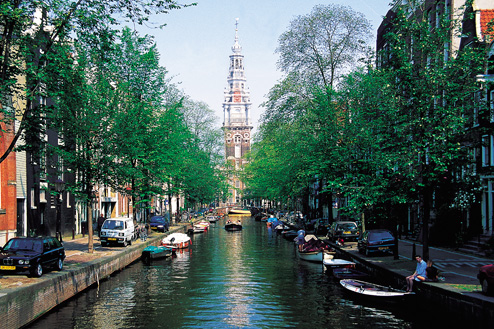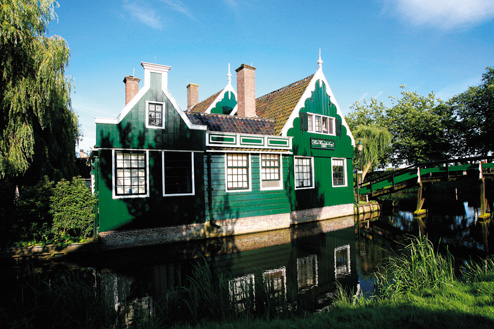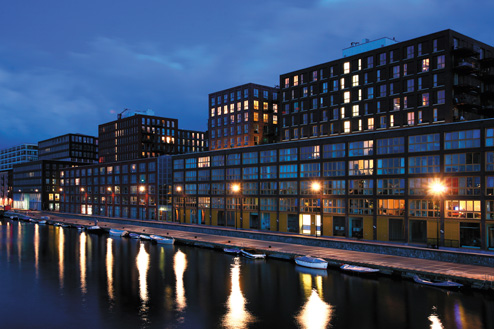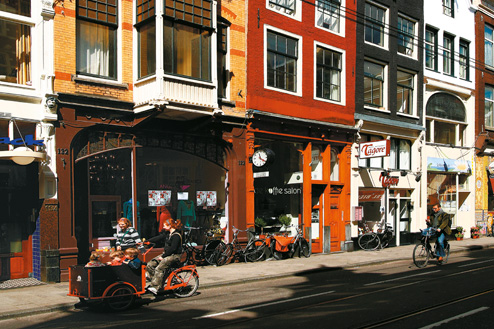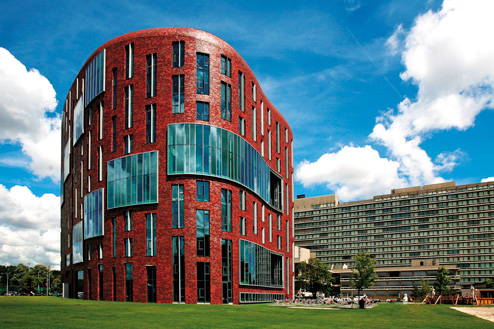Legal Issues
The Dutch legal system is based on the Roman system and is largely influenced by the French legal system. There are no juries and the courts are divided into four sections. The first court, the Kantongerecht, deals mostly with misdemeanours such as failure to pay fines. The next court, the Rechtbank, handles all crimes and can involve up to three judges for more complicated cases. The third court, the Gerechtshof, handles cases that are passed up from the Rechtbank. There are always three judges present in the Gerechtshof. If they wish to pass a higher sentence than one agreed upon in the Rechtbank they must agree unanimously. The fourth and final court is the Hoge Raad, which only examines cases from the other courts to determine if they were correctly handled and sentenced. This is also where appeals end up. The courts operate in Dutch and you will have to rely on your lawyer to keep you informed. Of course, if witnesses cannot speak Dutch questions will asked in English or a translator may be present. Dutch law is not overly strict but it is well enforced. It is a democratic and tolerant country and this is reflected in the legal system. If you would like to read more about the Dutch legal system you will find information in English here: www.rechtspraak.nl/Information+in+English/default.htm

